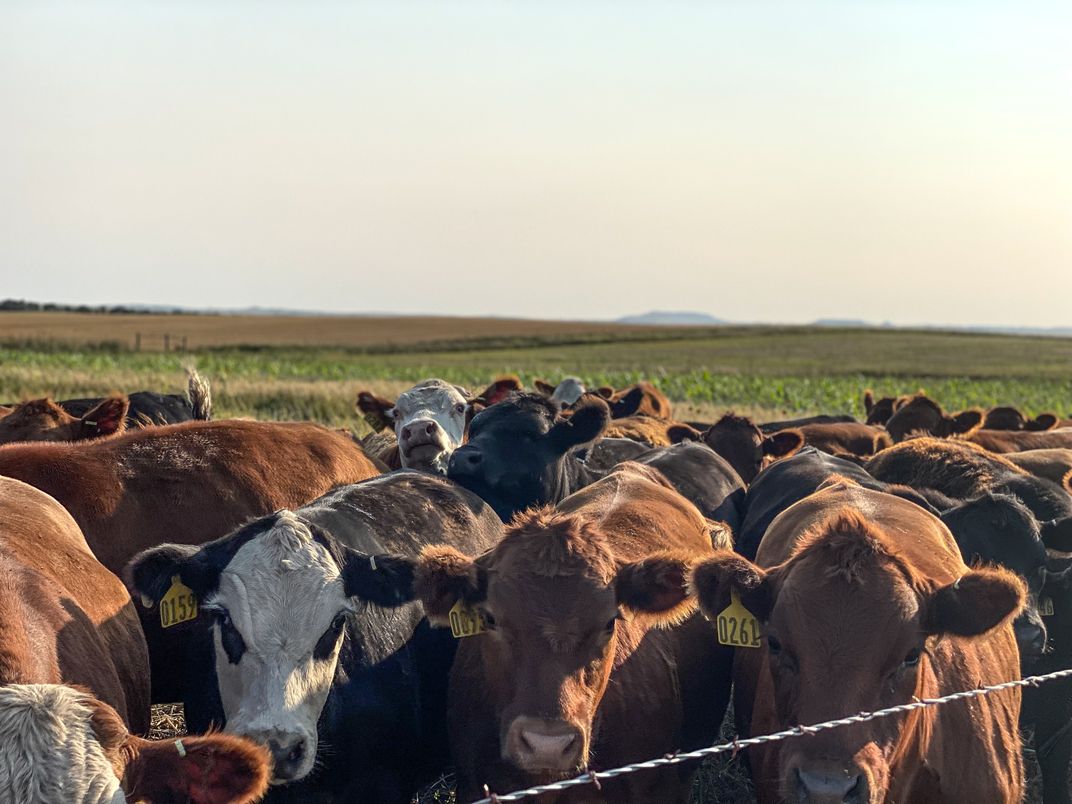The Upper Great Plains is facing soil acidity in agricultural production. NDSU researchers utilizing cattle and cover crops, attempt to work lime into the soil in no-till production to fix acidity without tillage. No-till allows farmers to retain moisture in conditions such as the 2021 drought. Soil acidity has become a major issue, especially in no-till production due to high rates of Nitrogen fertilizer and lack of a nearby source of lime. This pH issue causes aluminum in the soil to become soluble creating Aluminum toxicity in the field crops and a shrunken root system along with tying up nutrients and reducing microbiological activity, and in the end reduces farmer’s yields. This issue can also cause herbicides to last longer in the soil creating damage to crops. Typically lime applications would be tilled into the soil, however in the upper great plains, tillage is not considered an option due to the amount of moisture and soil structure that is lost from a tillage pass. This research trial near rural Mott, North Dakota utilized fencing to move cattle across the field ensuring even grazing and foot traffic across the surface limed field. Mott, ND within the Missouri River Plateau exchanges eastern ND’s flat river valleys for buttes and badlands. Farmers in this region grow a wide range of crops including corn, soybeans, wheat, barley, oats, sunflowers, canola, flax, safflower, peas, chickpeas, lentils, and forages.
| Date Taken: | 08.2021 |
| Date Uploaded: | 11.2021 |
| Photo Location: | Mott, North Dakota, United States of America |
| Copyright: | © Ryan Buetow |

